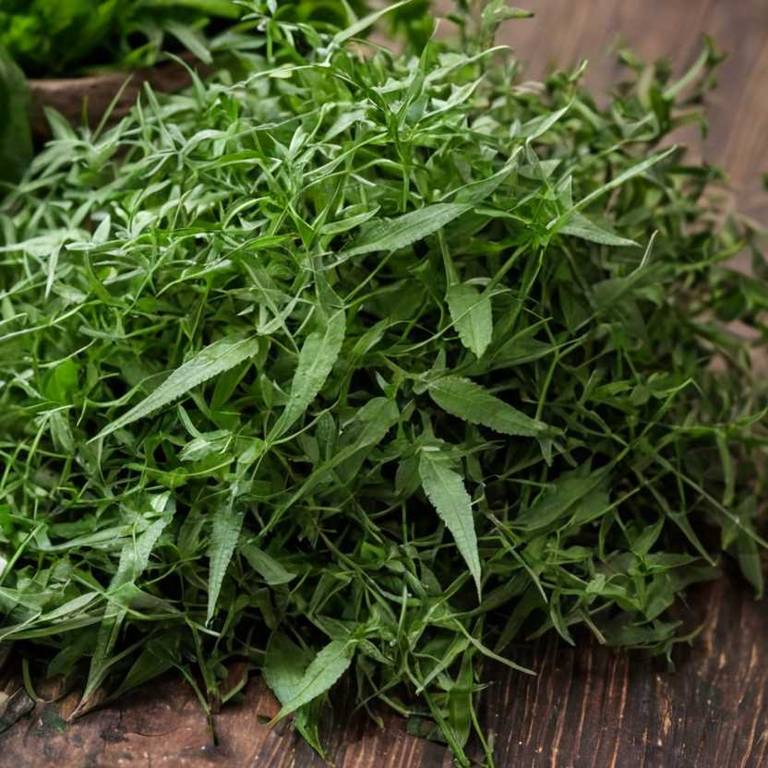Hygrophila Spinosa: What To Know Before Using It For Medicinal Purposes

Hygrophila spinosa, commonly known as the spiked water hyssop, is a medicinal plant widely used in traditional medicine for its various therapeutic properties.
It contains bioactive compounds such as flavonoids, tannins, and alkaloids, which contribute to its anti-inflammatory, antimicrobial, and antispasmodic effects. In Ayurvedic and indigenous systems, it is often employed to treat respiratory conditions like coughs and asthma due to its expectorant properties. The plant is also used to alleviate digestive issues, such as indigestion and gastritis, owing to its carminative and cholagogue actions.
Additionally, recent studies suggest that Hygrophila spinosa may have potential in managing diabetes and hypertension, highlighting its significance in modern pharmacological research.
Health Benefits
Hygrophila spinosa has several health benefits, such as its rich content of antioxidants that help neutralize free radicals in the body, thereby reducing oxidative stress and supporting overall cellular health.
It is also known to aid in digestion due to its high fiber content, which can promote healthy gut function and prevent constipation. Additionally, the plant contains compounds that may support liver function by enhancing detoxification processes. Its anti-inflammatory properties may help in managing conditions like arthritis and other inflammatory disorders.
Furthermore, Hygrophila spinosa is believed to have potential in managing blood sugar levels, making it a beneficial plant for individuals with diabetes.
10 Best Health Beneift of Hygrophila spinosa
Bioactive Constituents
Hygrophila spinosa has several bioactive constituents, such as alkaloids, flavonoids, tannins, and saponins, which contribute to its medicinal properties.
These compounds exhibit antioxidant, anti-inflammatory, and antimicrobial activities, making the plant valuable in traditional medicine. Alkaloids in Hygrophila spinosa have been reported to possess hypoglycemic effects, aiding in the management of diabetes. Flavonoids contribute to its ability to combat oxidative stress and support cardiovascular health.
Additionally, tannins and saponins enhance its wound-healing properties and digestive benefits.
Medicinal Preparations
Hygrophila spinosa has several medicinal preparations, such as teas, tinctures, and topical poultices, that are traditionally used in Ayurvedic and indigenous medicine.
The leaves and stems are often dried and brewed into teas to treat digestive issues, including indigestion and flatulence. Tinctures made from the plant are believed to have anti-inflammatory properties and are used for skin conditions and respiratory ailments. In some regions, the plant is also applied externally as a poultice to reduce swelling and promote wound healing.
These preparations highlight the versatility of Hygrophila spinosa in traditional healing practices.
Side Effects
Hygrophila spinosa can have some side effects, such as skin irritation or allergic reactions in individuals who come into contact with its sap or leaves.
Prolonged exposure may lead to dermatitis, characterized by redness, itching, and inflammation. Ingesting any part of the plant can cause gastrointestinal distress, including nausea, vomiting, and abdominal pain. While there is limited research on its long-term effects, some studies suggest it may have mild toxic properties in high doses.
It is advisable to avoid direct contact with the plant and consult a healthcare professional if any adverse symptoms occur.